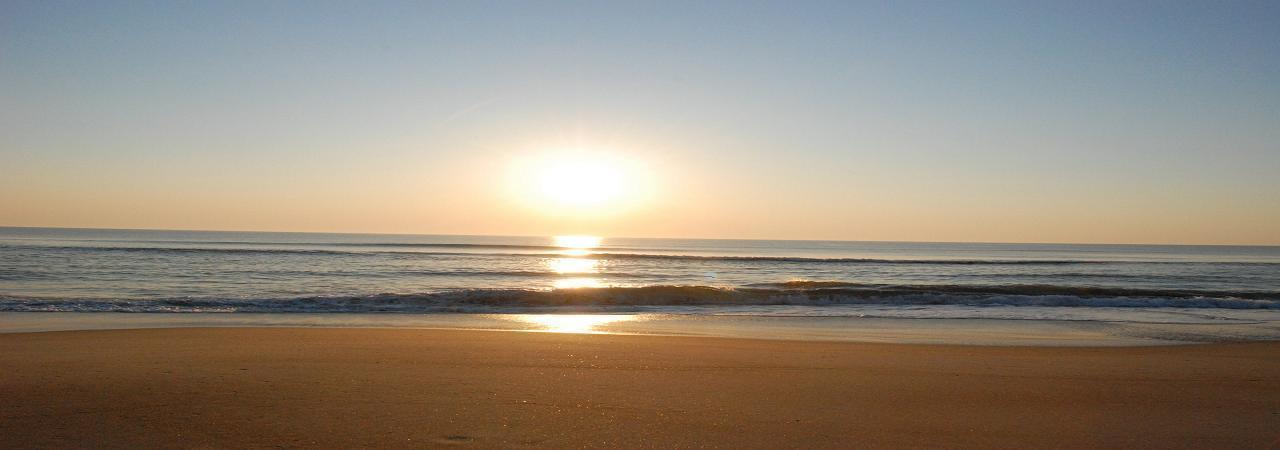by Jerry Alatalo

(photo: onnetwork.facinghistory.org)
 he legal case “COMER vs. the Bank of Canada” is still ongoing after becoming initiated in 2011 in Canada’s courts. COMER, the Committee on Monetary and Economic Reform, brought the lawsuit asserting that a 1974 change to the operations of the Bank of Canada unconstitutionally converted the bank from an interest-free monetary-creation institution to a central bank requiring payment of interest to private banking entities, after an agreement was drafted with the Bank for International Settlements in Basel, Switzerland.
he legal case “COMER vs. the Bank of Canada” is still ongoing after becoming initiated in 2011 in Canada’s courts. COMER, the Committee on Monetary and Economic Reform, brought the lawsuit asserting that a 1974 change to the operations of the Bank of Canada unconstitutionally converted the bank from an interest-free monetary-creation institution to a central bank requiring payment of interest to private banking entities, after an agreement was drafted with the Bank for International Settlements in Basel, Switzerland.
The Bank for International Settlements is known as the world’s “central bank of central banks”.
From 1938-1974 the publicly owned Bank of Canada, as required by Canadian law, created the nation’s money supply interest-free and financed/loaned the government the funds for public works projects like the St. Lawrence Seaway, Canada’s interstate highways, schools, universities, hospitals, critical infrastructure, and other projects governments across the world commonly plan and develop.
According to COMER’s lead attorney Rocco Galati, Canada is the only one of the G8 countries whose central bank is publicly owned. Contrary to commonly held perceptions, the United States Federal Reserve and Britain’s Bank of England are held privately by shareholders, and – unlike the Bank of Canada which has no profit motive since it’s owned by all Canadian citizens – operate in the interests of those shareholders.
The core of COMER’s lawsuit is that the turning over of Canadian citizens’ sovereign monetary power to private interests in foreign countries contravenes Canadian law which established the Bank of Canada as a public bank creating interest-free money, and which did so from 1938-1974.
If COMER prevails in this historic legal challenge, the Canadian courts’ decision would have a resounding effect around the world, similar to the effect on public opinion that the citizens of Iceland produced after their successful efforts to regain monetary sovereignty, including significant reform of Iceland’s banking system, prosecution of high-level bank managers responsible for the nation’s economic crisis, and other changes noticed and applauded by people around the world.
Although the Bank of Canada belongs to Canada’s people and the United States Federal Reserve is controlled by private shareholders, the nations’ respective largest financial institutions have some similarities. The Fed became established after passage of the Federal Reserve Act of 1913. In 1974, when the Bank of Canada came under the control of private parties, the people of Canada joined Americans in relinquishing control over their nations’ money supply.
The actions in Canada taken by agreements with the Bank for International Settlements could be called Canada’s equivalent: “Federal Reserve Act of 1974”.
Unfortunately, a large percentage of average citizens don’t understand how money becomes created; even economics students aren’t exposed to writings on the “mysterious, arcane” subject. Most people in America, if asked what the Federal Reserve is, would respond that it’s a government institution “that prints the money”, and would be astonished to learn that the Fed is controlled by private shareholders. The same goes for people in Britain and their perceptions of the Bank of England.
One has to wonder whether the fact that so many people are “in the dark” about how money is actually created is the result of an intentional, decades-old, and ongoing effort to keep the information out of their awareness. For those who’ve spent only a moderate amount of time looking into the topic of monetary reform, their only logical conclusion is that, yes, blocking the truth about how money comes into existence has been the reality, and continues – intentionally.
Fortunately – thanks to the internet allowing easy access for men and women around the Earth to important information such as the global financial system and how it operates, plus the ability to share such information with many others nearly instantaneously – previously withheld, “mysterious”, important knowledge is becoming disseminated far and wide.
COMER’s attorney Rocco Galati has earned the respect and gratitude of Canadians and men and women around the world for his selfless efforts. If by chance you see Mr. Galati in the grocery store, the movie house or just walking down the sidewalk, give him a firm handshake, a pat on the back, a good hug, and a well-deserved thank you. The world needs a lot more men and women attorneys like him.
****
For more information, visit: www.COMER.org
(Thank you to webovisionca at YouTube)
Part 1:
Part 2:

It’s great to see this lawsuit to restore sovereign money in Canada is still progressing in the Canadian courts.
LikeLike
Stuart,
Yes it is, but wow such a slow process – over four years. If not mistaken the lawsuit isn’t calling for damages or restitution paid to the Canadian people, but adding up all the interest paid by an entire nation for 41 years (since 1974) it must add up to a “pretty penny”. It was surprising to learn Mr. Galati appeared on CBC, seen across Canada, especially with such a potentially transformation-inducing world-interest story. One recent comment on the CBC segment said the government has made another attempt to quash the lawsuit, but one senses it ain’t gonna happen. The case is too strong to strike down.
LikeLike
Fascinating article and issue, Jerry. Interest recovery for 41 years would be quite a sizeable sum…
LikeLike
Carol,
How are you. While YouTube videos of cute cats get millions of views, the CBC interview of Rocco Galati on one of the most important issues for the human race receives 5,000 views at CBC’s YouTube channel. You might agree there’s something slightly out of kilter with this picture. Although my knowledge of Canada’s recently passed legislation “C-51” is limited, it’s apparently a near-Fascist attack on Canadians’free speech, and Mr. Galati has entered the legal battle to stop/repeal. Thanks.
You’ll find the video on C-51 interesting:
https://ingaza.wordpress.com/2015/08/12/bill-c-51-and-the-military-industrial-complex-grand-chief-terrance-nelson/
LikeLiked by 1 person
Thank you for sharing the links, Jerry. I look forward to learning more about these issues. Yes – facebook and cats, and what people had for dinner 🙂
LikeLike